‘Subhash Chandra Bose Biography in English’ PDF Quick download link is given at the bottom of this article. You can see the PDF demo, size of the PDF, page numbers, and direct download Free PDF of ‘Netaji Subhash Chandra Bose Biography PDF’ using the download button.
Subhash Chandra Bose Biography PDF Free Download
| Name of Book | Subhash Chandra Bose Biography PDF |
| Name of Author | Gautam Chattopadhyay |
| Language of Book | English |
| Size of Book | 8 MB |
| Total pages in Ebook | 155 |
| Category of Book | जीवनी और आत्मकथाएँ / Biography and Autobiography |
Excerpts From the Book
Subhash Chandra Bose Biography summary
Subhash Chandra Bose Biography, a book that tells the life story of one of the most influential and controversial leaders of the Indian independence movement:
Subhash Chandra Bose was born on January 23, 1897, in Cuttack, Orissa (now Odisha), to a wealthy and prominent Bengali family. He was a brilliant student who excelled in academics and sports. He went to England to study for the Indian Civil Service exam, which he passed in 1920, but he resigned from his post and returned to India in 1921, inspired by the nationalist movement led by Mahatma Gandhi and the Indian National Congress.
Bose joined the Congress and became a close associate of Jawaharlal Nehru, who shared his vision of a secular and socialist India. He rose to prominence in Congress and was elected as its president in 1938 and 1939. However, he had differences with Gandhi and other senior leaders over the methods and goals of the freedom struggle. He advocated a more radical and militant approach, and sought the help of foreign powers, such as Nazi Germany and Imperial Japan, to overthrow the British rule.
Bose escaped from house arrest in 1941 and reached Germany, where he met Adolf Hitler and established the Free India Centre and the Indian Legion, a military unit composed of Indian prisoners of war. He also broadcast his speeches and slogans, such as “Jai Hind” and “Give me blood and I will give you freedom”, through the Azad Hind Radio. In 1943, he left Germany and reached Japan, where he assumed the leadership of the Indian National Army (INA), a force of Indian soldiers and civilians who had joined the Japanese cause. He also formed the Provisional Government of Free India (Arzi Hukumat-e-Azad Hind) and declared war against the British and their allies.
Bose led the INA in several battles against the British forces in Burma (Myanmar) and India, such as the Battle of Imphal and the Battle of Kohima. He also tried to mobilize the Indian masses for his cause through his charismatic speeches and slogans, such as “Dilli Chalo” and “Ittefaq, Etemad, Qurbani”. He inspired many Indians with his courage and patriotism and earned the title of Netaji (Respected Leader). However, he also faced criticism and opposition from some Indians, who accused him of collaborating with the fascist and imperialist powers, and of violating the principles of non-violence and democracy.
Bose’s fate remains a mystery, as he reportedly died in a plane crash on August 18, 1945, in Taipei, Taiwan, but his body was never recovered or identified. Many theories and controversies have emerged about his death and possible survival, and his legacy is still debated and celebrated in India and abroad. He is widely regarded as one of the greatest sons of India and a national hero, who sacrificed his life for the freedom of his country. He is also remembered as a visionary and a revolutionary, who challenged the British empire and the world order with his daring and determination.
Celebrating Subhas Chandra Bose’s birth centenary, this biography delves into the life of one of India’s most iconic figures in the fight for independence. Fondly known as Netaji, Bose dedicated his life to realizing his dream of Indian freedom, often diverging from the paths of his contemporaries in pursuit of this vision.
From his leadership in the radical wing of the Congress to his establishment of the Indian National Army (Azad Hind Fauj) aimed at liberating India, Bose’s journey was marked by unwavering determination. Despite scholarly debates over his methods, Bose’s commitment to supporting India’s struggle from abroad during World War II remains undisputed, igniting a fervent anti-imperialist spirit.
Professor Gautam Chattopadhyay, drawing upon his extensive scholarship and personal experiences as a student leader in Bengal, meticulously crafts this biography. Through critical analysis and insightful appendices featuring Bose’s speeches, the book offers a balanced yet engaging narrative of a pivotal period in India’s history.
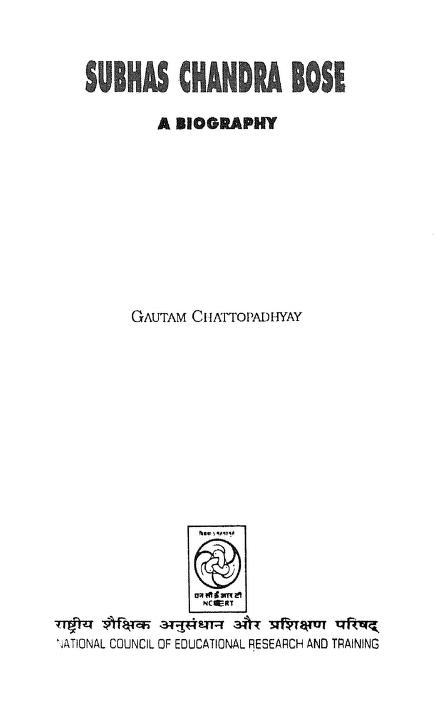
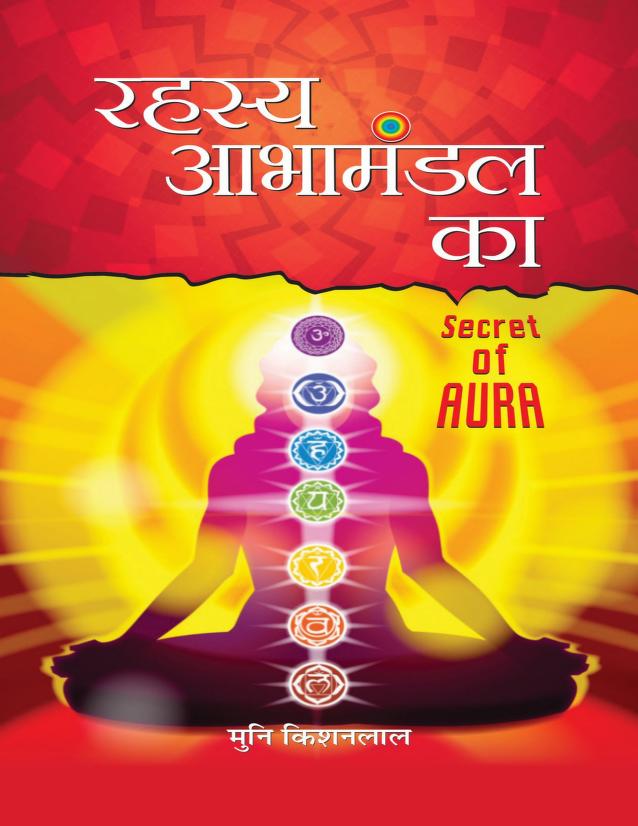



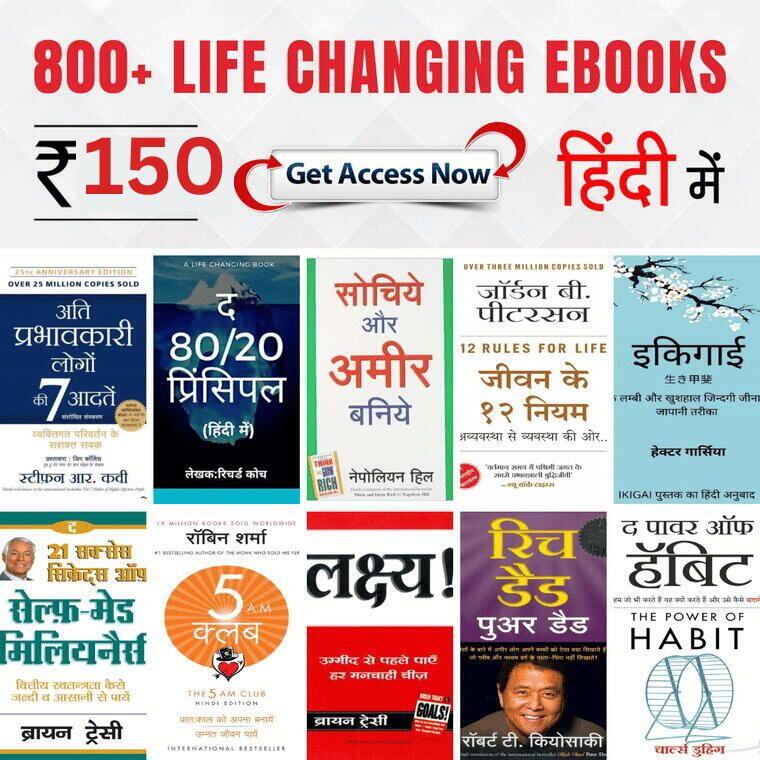



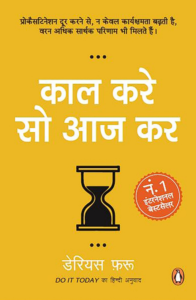
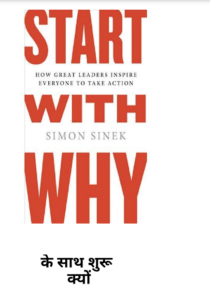

Leave a Comment